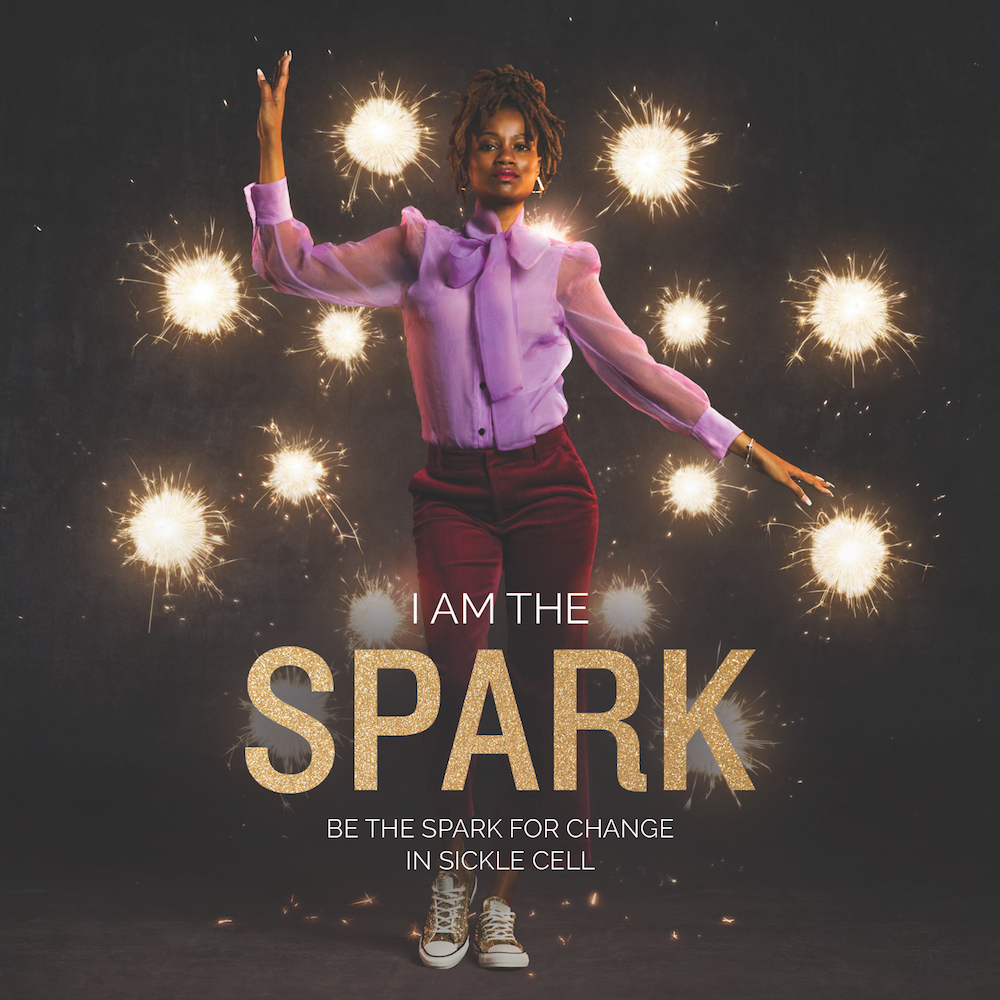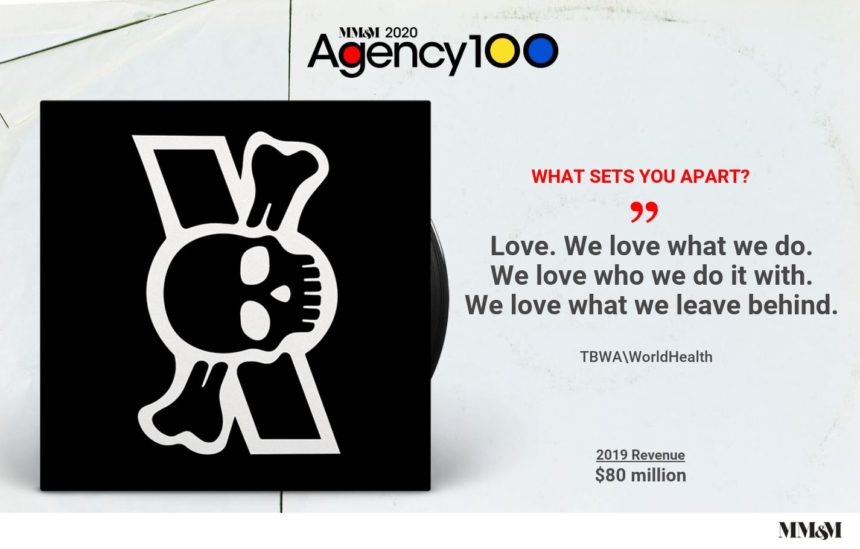At the end of 2017, TBWA\WorldHealth counted 140 people working under its roofs. A year and a big acquisition later, that sum had surged to 325. By the end of 2019, it was up to 400.
These are the types of numbers that entitle you to break out the phrases like “exponential growth.” Revenue has surged in tandem, with MM&M estimating that TBWA\WorldHealth has jumped from $40 million in 2017 to $65 million in 2018 to $80 million in 2019.
“It was our best year yet collectively,” says CEO Robin Shapiro. “We saw all the foundational work we had done in years prior begin to have that exponential effect.”
Shapiro took the reins in April when Sharon Callahan, also chief client officer of Omnicom Health Group, left to lead corporate sibling CDM.
However, she’ll stay close to her former work-home in the new role of TBWA\WorldHealth chairperson. Given that Shapiro built the agency in tandem with Callahan, the transition would have been a smooth one, were it not for the COVID-19 pandemic turning the world on its ear.

“A new CEO always wants to establish a personal connection with employees,” Shapiro says, noting the virtualization of the agency made that task both harder and easier. “It’s harder because it’s tough to connect on an emotional level through a video screen, and easier because I can bring together our global organization any time I want from my couch.”
TBWA\WorldHealth’s rapid growth allowed it to be pickier on the client front, with the agency steering away from situations that emit any trace of a status-quo scent. “We don’t just look at the molecule or the product. We look at the ambition of the client,” Shapiro stresses. “What we love to do every day is work with clients who are truly looking to change things.”
In 2019 and the first half of 2020, that meant working alongside Apple and Johnson & Johnson on the Heartline virtual clinical trial, designed to evaluate whether the use of Apple Watch features and a trial-specific app can reduce stroke risk and help detect atrial fibrillation. It also meant working with pre-revenue companies such as Samumed on a regenerative medicine for the treatment of osteoarthritis of the knee. Other recent additions included assignments from Amgen, AstraZeneca/Merck, Takeda and Aimmune Therapeutics.
The agency’s internal initiatives were no less ambitious, especially the Black Health Now series that addressed racial disparities in health. “It wasn’t advertising; it was truth-telling,” says chief creative officer Jonathan Isaacs. “Sometimes we get too caught up in gloss and production value, versus ‘This is just worthy.’”
TBWA\WorldHealth entered 2020 with around 100 positions to fill, a task complicated by the pandemic. The agency nonetheless expects its growth to continue, in much the same unconventional manner.
“Most agencies are, one way or another, bottom-line driven and all about empire-building. We want to be healthy and grow, but do it in a way that allows us to do what we believe in,” Isaacs says. “We are on some level an acquired taste. But if you want to create a category of one — if you want to reframe how the world looks at your brand or industry or point of view — we should talk.”
The best marketing we saw in 2019…
The pre-COVID world is irrelevant and today every brand is trying to be a “health” brand. But which one is having real social impact? Old Spice is generally hilarious but it found a serious way to bring attention and aid to the hardest hit of all: the black community. Everyone needs masks, but Old Spice recognizes that communities of color need real commitment. — Jonathan Isaacs
From the June 01, 2020 Issue of MM+M - Medical Marketing and Media







